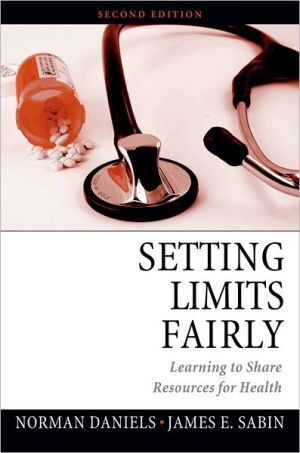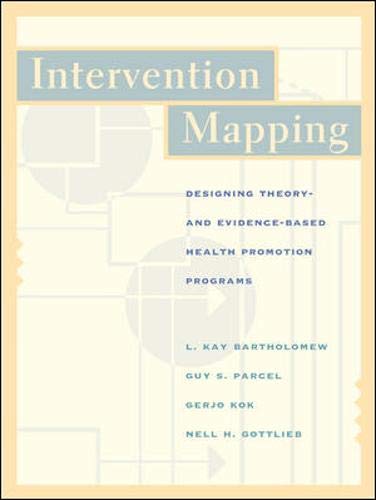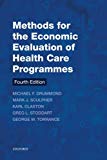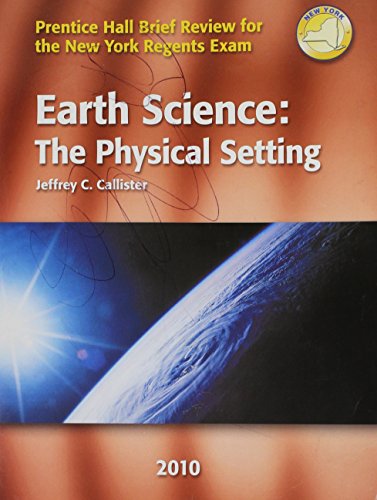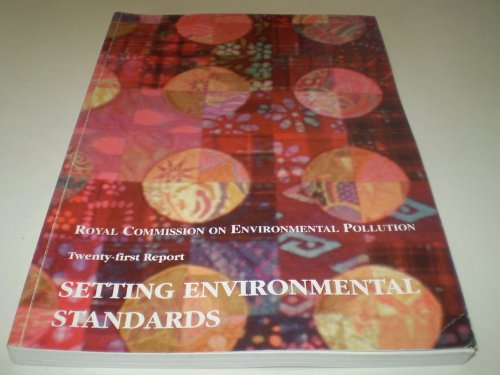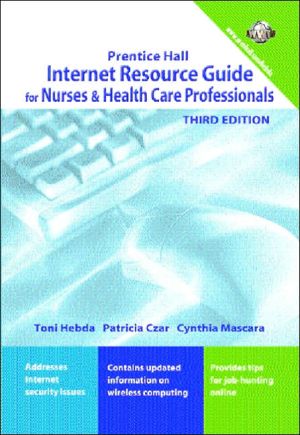Setting Limits Fairly: Learning to Share Resources for Health
Daniels, Norman
Sabin, James E.
The central idea behind this book is that we lack consensus on principles for allocating medical resources-and in the absence of such a consensus we must develop and rely on a fair decision-making process that holds decision-makers accountable for setting reasonable limits on health care. Daniels and Sabin provide a cogent analysis of the current situation, lucidly review the usual candidate solutions, and describe their own approach. Their intended audience for the book is global since the problem of limited resources cuts across types of health care systems whether or not they have universal coverage.
In its first edition, Setting Limits Fairly stimulated considerable work on setting priorities in health care, both here and abroad. The second edition adds new material to the book, including a new chapter on the international response to accountability for reasonableness and two new chapters on applications of the approach in developing countries and in human rights approaches to health.
About the Author:
Norman Daniels is Mary B. Saltonstall Professor of Population Ethics and Professor of Ethics and Population Health
About the Author:
James Sabin is a Clinical Professor of Psychiatry at Harvard Medical School, Director of the Ethics Program at Harvard Pilgrim Health Care, and Co-Director of the Center for Ethics in Managed Care
Doody Review Services
Reviewer:Daniel Bustillos, JD, PhD(Saint Louis University)
Description:In this second edition, the authors improve upon their earlier book by addressing some of the criticisms of their "accountability for reasonableness" approach to healthcare resource allocation.
Purpose:Since we lack a common view of what principles should govern resource allocation in healthcare, the authors argue that we must then rely on procedural fairness to ensure just policy decision making. The authors propose a procedural model they call "accountability for reasonableness" that identifies four conditions for prioritizing in healthcare. These four criteria are then exemplified in various real-world applications.
Audience:This book is of special interest to health policy makers and health administration professionals. Healthcare ethicists, economists, and philosophers will also find this book helpful in understanding a Rawlsian approach to resource allocation quandaries. Daniels is a well-respected philosopher in the field of equity and justice in healthcare, while Sabin has been a physician and healthcare administrator for many years.
Features:The authors begin with the premise that pluralistic democratic societies cannot agree on principles for fair resource allocation. Therefore, the authors provide a fair procedure that can be accepted by all. The procedure is built upon four conditions for seeking fairness in resource allocation: 1) relevance -- decisions and rationales must be based on rational deliberation that is inclusive in scope; 2) publicity -- the decision making must be accessible to the public and participation of diverse publics should be actively pursued; 3) revisability -- solutions generated should be tentative and provisional and there should be processes by which decisions can be revised in the light of new knowledge and mores; 4) enforcement -- the preceding conditions should be assured through authoritative sanction and enforcement.
Assessment:In this new edition, the authors answer some of the critics of the first edition of their book. The authors give examples of how their rationale has been successfully used in places such as Canada, New Zealand, and the U.K. They also include a new chapter on how their approach might reduce health inequalities. As such, the book is a valuable addition to the discourse on health policy making, though it still does not adequately address the problem of whether a rationalist and proceduralist framework such as theirs can successfully ensure that everyone is heard in pluralist societies where rationalism is not the only currency of thought.
| Name in long format: | Setting Limits Fairly: Learning to Share Resources for Health |
|---|---|
| ISBN-10: | 0195325958 |
| ISBN-13: | 9780195325959 |
| Book pages: | 280 |
| Book language: | en |
| Edition: | 2 |
| Binding: | Paperback |
| Publisher: | Oxford University Press |
| Dimensions: | Height: 6.1 Inches, Length: 9.1 Inches, Weight: 0.90169065158 Pounds, Width: 0.7 Inches |

